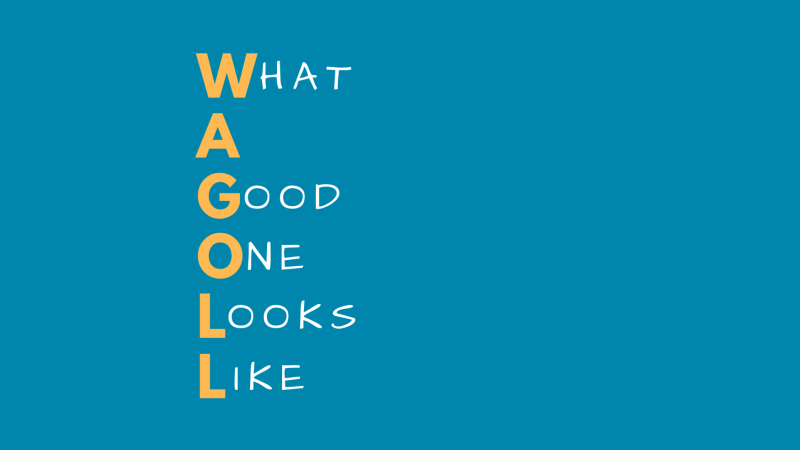English as an additional language – support for EAL pupils

Bilingual clubs can help schools support EAL students, says Colin Baxter…

- by Colin Baxter

It’s no secret that meeting the needs of pupils who aren’t yet fluent in English is something a lot of schools have challenges with.
Incredibly, in the UK, there are over 1.5 million children with English as an additional language who speak over 360 languages between them. I strongly feel that these children should not be made to feel invisible in the classroom.
Empowering pupils
Schools should be using recourses to help empower pupils with a different heritage, language, and culture, to make them feel valued and welcome, but all too often this is neglected.
At the heart of Gladstone Primary Academy’s vision is a profound belief that difference is a strength to be valued and celebrated. Therefore, we decided to set up Bilingual Clubs using funding from the local Peterborough City Council Community Fund.
Our Bilingual Clubs were set up to support our pupils aged between four and seven and help them learn both English and their home-language. The club aims to improve pupils’ bilingual and literacy skills, expand their vocabulary, boost their confidence, and form stronger relationships with their parents.
Inspirational leaders
A large proportion of our pupils at Gladstone Primary Academy are EAL and we felt we needed to properly support them. That’s why we put a lot of time and effort into finding the perfect group leaders for each of our clubs.
All of our inspiring leaders have experience with teaching young children, reflect our academy values, and can speak fluent English and at least one of our second languages.
I’m so pleased to say that despite multiple Covid-19 lockdowns, we’ve made exceptional progress in all of these aspects! From November 2020 to April 2021, Urdu-speaking pupils attending our Bilingual Club, improved their spoken language skills by 27%.
Similarly, Romanian-speaking pupils’ language skills improved by 23%. It was incredible to see this group also deliver a 22% increase in their English spoken language skills.
Trending
Our leaders run Bilingual Club four days a week after school, pick a story for the week and then create exciting activities around this including storytelling, acting, games and crafts. They model the use of both languages throughout the sessions and encourage pupils to continually switch between English and their home language.
This shows the children that both languages are equally important and reinforces their ability to communicate bilingually. This approach develops the children’s reading and listening skills, vocabulary, social interaction and use of longer sentences.
It also impacts on their confidence and encourages them to contribute within a group setting both in school and at home. In doing this, we help to include and involve parents and provide weekly sessions where parents attend, have coffee and join in with the activities and see first-hand what the children have been doing.
We have found it’s a wonderful opportunity to create healthy and happy relationships between school and home life.
Earlier in the year, due to Covid-19, we sadly had to press pause on face-to-face sessions but this didn’t hold us back and we moved to weekly WhatsApp video-based club sessions between January and March.
Even with these less than perfect sessions, lockdown measures, and multiple school closures, we still made such great progress, and I’m so proud.
Colin Baxter is a teacher of over 30 years’ experience of language learning and teaching in senior leadership roles. He currently works with the central education team of Thomas Deacon Education Trust in Peterborough.










